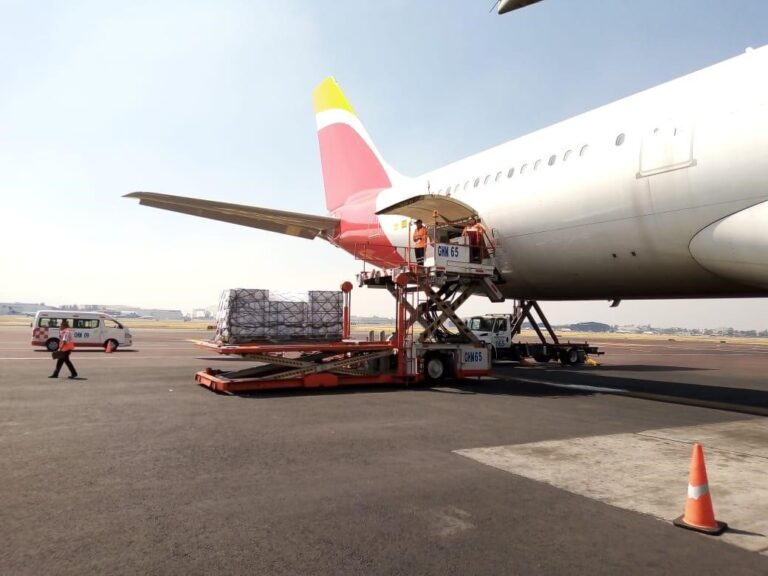Global air cargo demand fell one percentage point year-on-year in November, the first decline in six months, and still remains 13% below the level in November 2019.
According to CLIVE Data Services demand fell 37% year-on-year in April as the pandemic hit, but had spent the subsequent six months rising to 12% below 2019 levels in October.
However November saw the first drop since the height of the pandemic as the market cooled off as international governments imposed lockdowns to stop the spread of a second wave.
Niall van de Wouw, Managing Director of CLIVE Data Services, said: “After six months of small but encouraging improvements, the stalling of demand in November – typically a peak month when we’d expect dynamic load factor growth – could be seen as a further negative indicator.
“However, we must contrast this with the impact of lockdowns and restrictions imposed by governments to slow the second wave of Covid, especially in Europe and the US, and the corresponding disruption to business continuity and consumer confidence. Against this uncertain operating environment, the global air cargo market in November arguably showed a degree of resilience. ”
Van de Wouw said that the global demand for shipments of the vaccine would “hopefully” produce for air cargo supply chains.
“This will also bring more capacity to the market and hopefully coincide with a rise in consumer spending, which is hopefully a prelude to a more sustainable recovery in 2021,” he said.







